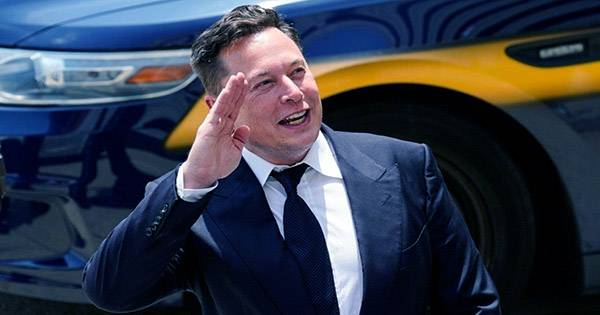As an entrepreneur, you’ll face numerous ups and downs as your business grows. It’s just as crucial to be candid when product and financial performance fall short of expectations as it is to deliver good information to stakeholders. As an angel investor who backs potential firms, I’ve come across some dishonesty on occasion — luckily, it’s rare. The point at which “faking it” translates into telling lies to investors, clients, and oneself is when ego and reality clash — and ego, in certain situations, emerges victorious.
Theranos founder Elizabeth Holmes was convicted of deceiving investors about the diagnostic device firm she established in a well-publicized case. Adam Rogas, the CEO of cyber fraud protection firm NS8, is a lesser-known figure who reportedly collected $123 million from investors by falsifying financial documents to depict millions of dollars in income and assets that didn’t exist. These and other similarly heinous situations serve as a warning to entrepreneurs and investors: transparency isn’t a choice; it’s a need.
The founder of a firm in which I invested covertly kept two sets of books: one with accurate historical financials and the other with numbers that were more than ten times higher than actuals. Sales and product performance had both failed to meet expectations. His answer was to show investors the exaggerated financials. Investors, on the other hand, are always on the watch for anything unusual, and they suspected something was wrong. After looking through the data, we immediately located the second batch of books. Because he was unable to get more funding for his firm, this founder found himself in legal danger.
It’s natural to want to highlight good news, but presenting problems is also important. If you don’t share your problems, they might grow into greater problems. Allowing the pressure of investors seeking positive news to entice you to overstate or sugarcoat the reality is never a smart idea. The founder of a firm in which I invested covertly kept two sets of books: one with accurate historical financials and the other with numbers that were more than 10 times higher than actuals.
Optimism and reality are two sides of the same coin. “Fake it till you make it” was never a philosophy that played with the facts. It advises having the mentality that you’ll succeed, even if you’re not sure you’ll succeed. It’s OK to have a positive outlook on product development and financials in the future. When presenting on the current status of product development, actual customers, and financial success, it’s critical to portray truth, not the reality you wish were true.
The egotistical high, Outsized confidence and ego, which enable entrepreneurs to take great risks to establish and run with their idea, but also the quality that can cause a handful of them to lose their sense of right and wrong. With their moral compass adrift, they cheat to get ahead. In extreme situations, founders who are high on ego get addicted to dishonesty. They picture themselves as the next unicorn’s CEO. They spew a barrage of lies in favor of their made-up world. These folks are caught in a dream world, full of arrogance. The deceit spiraled out of control, as we witnessed with Theranos’ ascent and fall, until, ultimately, the founder was caught in the lie.
















